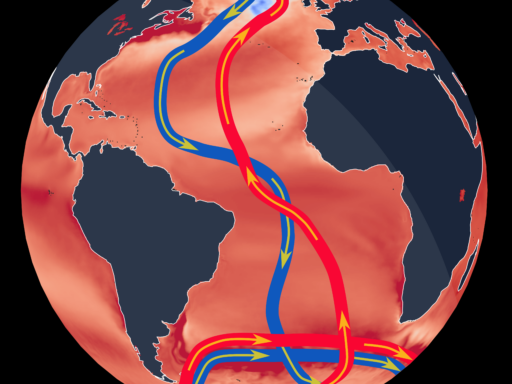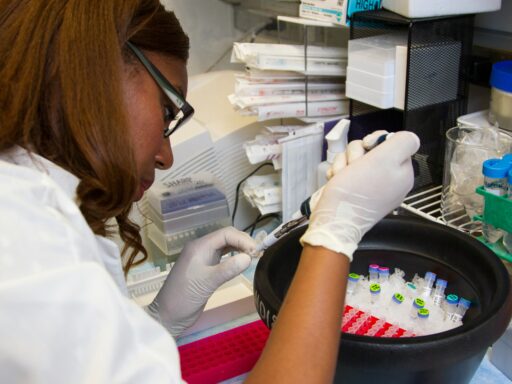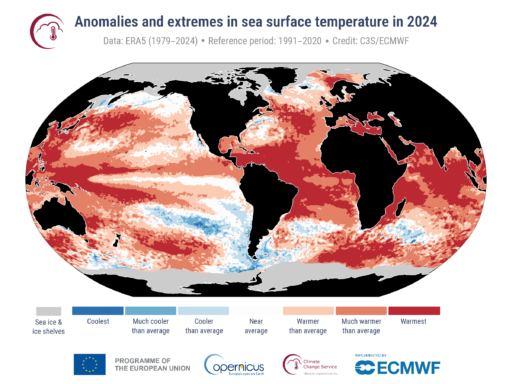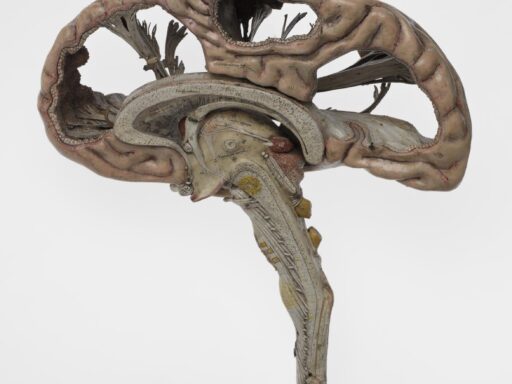The new Longitude Prize aims to do what medicine has long struggled with: harness AI and global collaboration to unlock life-saving treatments for one of the most devastating diseases. Roger Highfield, Science Director and Longitude Committee member, reports.
A new study finds global warming could wipe out 24% of staple-crop calories—roughly equivalent to missing a meal, every day – by the end of this century, reports Science Director Roger Highfield.
Roger Highfield, Science Director, discusses a new study which says the world’s “safe” climate limit may be closer to 1°C—not 1.5°C—as ice loss accelerates and irreversible sea level rise looms.

A major ocean current that regulates global temperatures – and gives the UK mild winters – is weakening due to climate change. Science Director Roger Highfield describes a new study which suggests it may avoid collapse this century, thanks to powerful winds that whip around Antarctica.

A global survey of attitudes towards science is reassuring, though suggests scientists need to do more to engage with the public, says Science Director, Roger Highfield.

Climate scientists are investigating whether a two-year temperature surge is a blip or means that global warming is accelerating. Roger Highfield, Science Director, reports.

Neuroscientists have harnessed Hollywood to chart the most detailed functional map of the brain to date. Roger Highfield, Science Director, reports.

A five-year roadmap to help the aviation sector achieve net-zero climate impact by 2050 is published today by a Cambridge University team. Roger Highfield, Science Director, reports.

The extraordinary extent of plastic pollution, and burning, is revealed by a global inventory today, created with the help of AI. Roger Highfield, Science Director, reports.

Heat deaths are rising as summers get hotter, but would have been almost doubled if we had done nothing to adapt, reports Science Director, Roger Highfield.

After a landmark regulatory approval, gene editing is now being trialled with children, reports Roger Highfield, Science Director.

A systematic review and analysis have shown plant-based diets are healthy, complementing research that shows they benefit the planet too. Roger Highfield, Science Director, reports on today’s study.